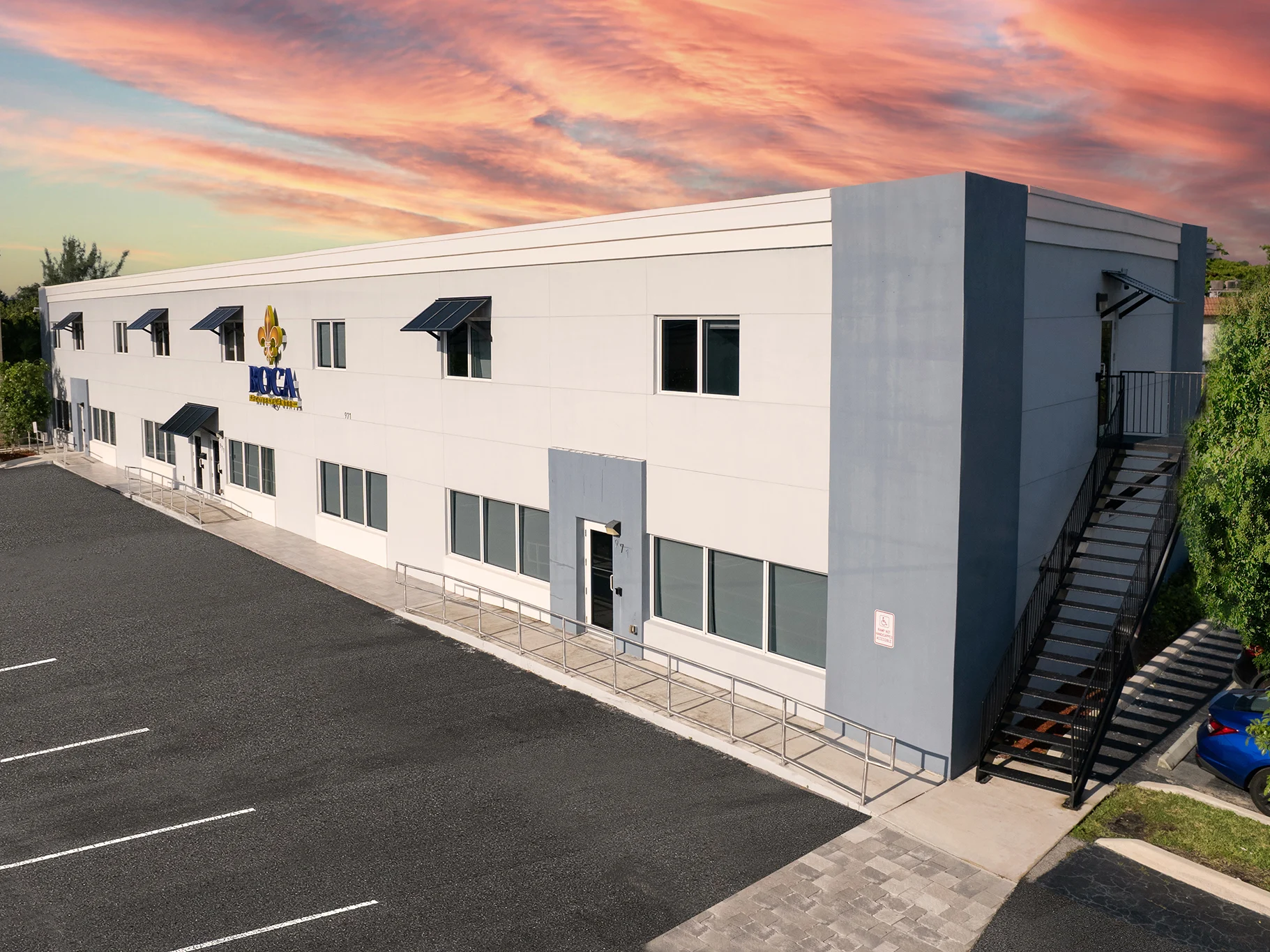When you think of addiction treatment, you may picture detox, a residential rehab, or maybe outpatient therapy. All of those can be vital parts of the recovery process but your treatment shouldn’t end when your initial program is over. To prevent relapse and sustain your recovery, you need ongoing aftercare, especially if you have a co-occurring mental health condition, also called dual diagnosis. Let’s explore why this is so important and what aftercare looks like for addiction and co-occurring disorders.


Natural Remedies for Depression
Why Aftercare is Critical for Dual Diagnosis
Substance use disorder is a chronic condition and so are mental health disorders. This means that while you can manage them by getting sober and entering recovery, you need some amount of ongoing care to keep them under control. Sadly, countless people with addiction have relapsed after years or decades of sobriety because they stopped being proactive about their mental health.
26.4% Relapse Rate for Addiction Alone
39.8% Relapse Rate With Co-Occurring Disorders
To prevent this from happening to you, aftercare planning is a critical part of any addiction treatment program, especially for people with co-occurring disorders. Research shows that people with co-occurring disorders have a higher rate of relapse. In fact, one study found a relapse rate of 26.4% among people with addiction alone and a relapse rate of 39.8% among people with co-occurring disorders.
Why is aftercare particularly important for dual diagnosis? For anyone with substance use disorder, multiple factors influence their relapse risk. Yet if you have a mental health condition, that condition is just one more factor that puts you at risk. You might self-medicate with drugs or alcohol to cope with the symptoms of your mental illness or your mental health might make you more prone to impulsive behavior and poor decision-making.
What Should Be in a Dual Diagnosis Aftercare Plan
Everyone’s treatment and aftercare needs are different and your long term recovery plan for addiction should be something you work on collaboratively with your treatment providers. As varied as they might be, a typical aftercare plan for people with a dual diagnosis should include certain key components:
Outpatient Therapy
You should have a therapist you can continue to see regularly after your addiction treatment. Your outpatient support for dual diagnosis might only be one session per week or even less frequently but it’s important to routinely have someone who can help you through new challenges that arise in your recovery and your mental health.
Medication Management
If your mental health condition is better managed with psychiatric medications like antidepressants, anti-anxiety medications, or antipsychotics then your aftercare should include psychiatric care to manage and maintain these medications. This helps reduce your mental health symptoms and keeps your risk of relapsing low.
Peer Support Groups
Many people in recovery don’t have others in their lives who can relate to their challenges. An ongoing peer support group lets you connect with people who understand what you’re going through and can help you talk things through without judgment or questioning. This might be a group like AA or NA but it’s even better if you can find a group that caters to co-occurring disorders.
Living Arrangements and Sober Housing
Addiction recovery is a graduated process. In the early days of your sobriety, you need a high level of support and accountability to stay sober. As you continue with treatment and start building the skills and the personal growth that comes with treatment, you’ll gradually be able to build more and more independence.
In some cases, transitioning from inpatient rehab or a high level of care to living on your own is too abrupt and you might be at risk for a relapse. In these cases, a sober living home can be the ideal transition for co-occurring disorder relapse prevention.
These are homes where you’ll live with anywhere from a few to a dozen other people, all of whom are in recovery. They don’t directly provide treatment but you have the accountability of living with others who share your goals. For many people with a dual diagnosis, sober living is an incredibly helpful step in recovery.
When you’re ready to transition to independent living, whether or not you’ve been in a sober living home, here are a few tips for choosing and creating a home that supports your wellness:
Keep the home clear of any triggers and avoid living somewhere where triggers are nearby like a home that’s near a bar.
Choose a home where you are near family or friends for times when you need to be around others.
Set boundaries for your home that support your recovery such as not allowing guests to bring drugs or alcohol.
Choose a home that makes it easy for you to explore new sober hobbies or build new friends such as a neighborhood where there are plenty of neighbors in your same stage of life or one near biking and pedestrian trails.
Continuing Mental Health Care
If you have a dual diagnosis then caring for your long term mental health is one of the most vital parts of aftercare. Your treatment providers may have your mental health condition well-managed while you’re in active treatment but when your program ends, it’s important to have a mental health provider lined up so you can transition to them right away.
This may include a psychiatrist, a therapist, or both. Your psychiatrist can manage the medications you’re taking and adjust your dosage over time if needed. Make sure you follow up with them routinely and any time you’re seeing changes to your symptoms or side effects.
Your therapist or psychiatrist will also help by continually monitoring your mental health. They help you learn how to track your symptoms and how to cope with your symptoms as needed. They’ll also help you with crisis planning. They’ll show you how to create a safety plan in case there comes a time when you have a mental health emergency or you feel at high risk for a relapse.
Work, School, and Social Reintegration
Another important aspect of continuing care for mental health and substance use is rebuilding a fulfilling and healthy life that supports your long-term recovery. Depending on where you are in your life and how long you’ve been battling addiction and mental illness, this could include starting or returning to your career, finishing your education, and developing healthy new relationships, as many of your prior friends could still be using or might be triggers for you.
Fortunately, there are ample resources to help with this. Talk to your aftercare therapist about organizations in the area that can help you get your career off the ground. Some organizations specialize in vocational services for people in recovery even if you have a criminal record.
Other organizations will simply help you with any aspect of practical support you need in recovery like finding and applying for housing, receiving government assistance, finding treatment providers and support groups, learning financial literacy, and so on. The more positive forces you have in your life that are occupying your time and energy, the less likely you’ll be to revert back to substance use.
Planning for Lifelong Recovery
No matter how severe your addiction and mental health condition have been, there’s hope for a life in recovery with the right resources on your side and active aftercare. As you’re working through your treatment program, talk to your treatment providers about setting up an aftercare plan that’s tailored to you and your needs, including your psychiatric health.
Boca Recovery Center incorporates thorough aftercare planning into every level of care. When you finish your program, you’ll know exactly what to do next and how to maintain the progress you’ve made. Contact our team to learn more and discuss how we can help you get your life back.











